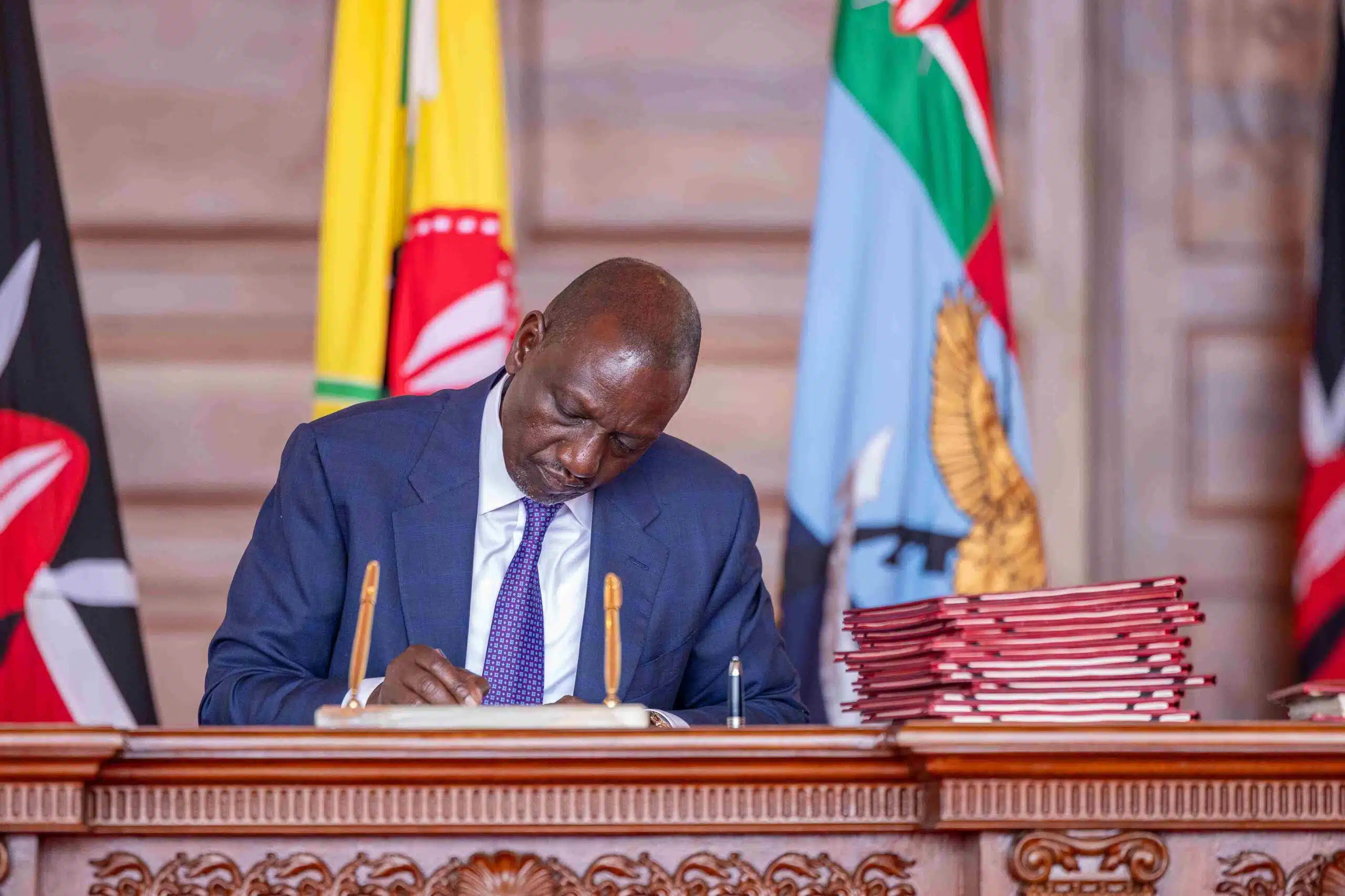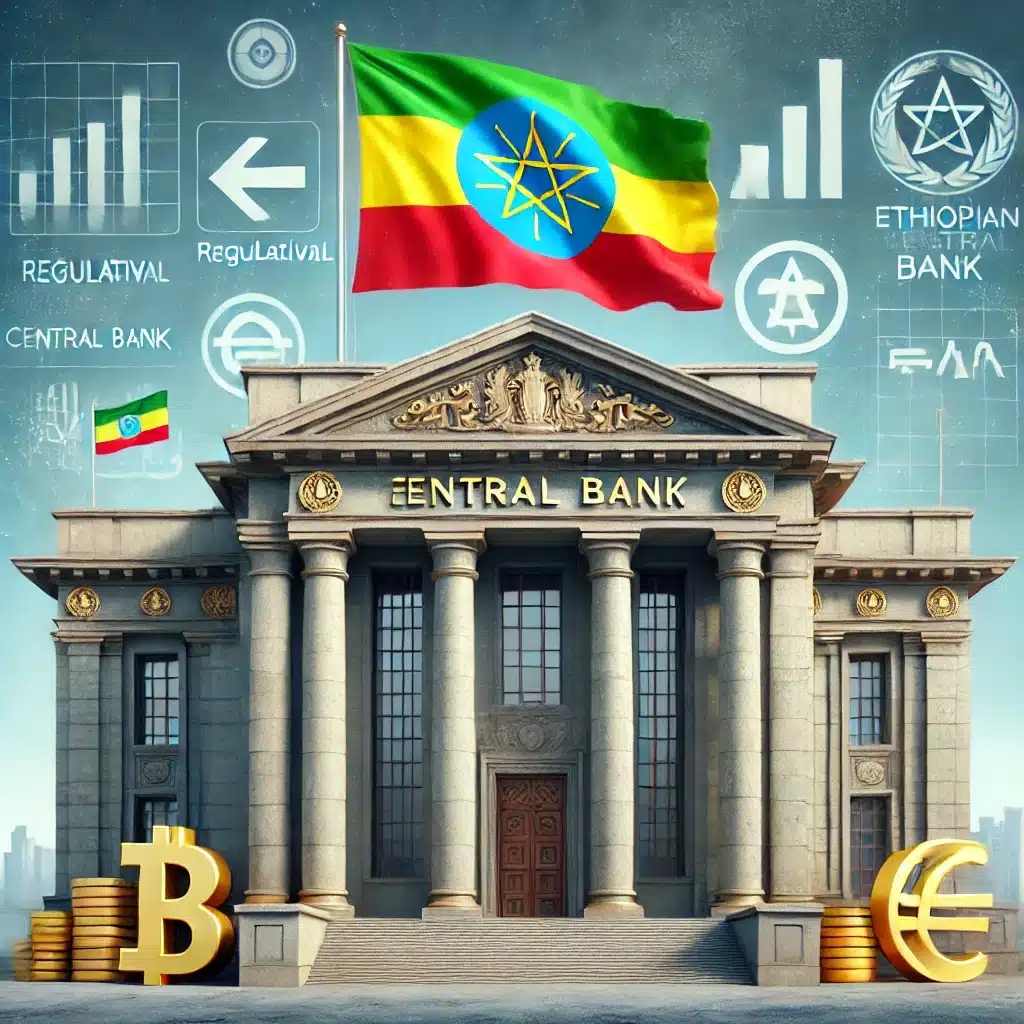It seems the Federal Inland Revenue Service (FIRS) is also embracing the “New Year, New Me” approach, as it introduces new guidelines for Advance Pricing Agreements (APAs), set to take effect from January 1, 2025.
These guidelines are aimed at addressing one of the most complex tax issues for Nigerian businesses—transfer pricing in intercompany transactions. This new development presents businesses with an opportunity to reduce disputes, avoid penalties, and gain more clarity in their dealings with tax authorities.
But what exactly is an APA? In simple terms, it’s an agreement between a company and the tax authorities that sets clear rules on how to price transactions between related businesses. This agreement can be made with just the FIRS (unilateral APA) or with multiple tax authorities from different countries (bilateral or multilateral APA). The idea is to avoid future disagreements by agreeing on transfer pricing ahead of time.
How an APA works in practice
Imagine you own two businesses: a bakery in Lagos and a farm in Ibadan that supplies wheat to your bakery. Since you own both businesses, you decide the price your bakery pays for wheat. But here’s the catch: the government wants to make sure you’re not setting prices too high (to reduce profits in Lagos and avoid taxes there) or too low (to shift profits to Ibadan for lower taxes).
Now, to avoid arguments later, you sit down with the tax authorities and agree on a fair price for the wheat. This agreement ensures you’re not underpaying or overpaying yourself, and both you and the tax authorities are on the same page about how to handle taxes. That’s essentially what an Advance Pricing Agreement (APA) does—sets clear rules upfront to avoid future disputes.
To apply for an APA, companies must meet certain requirements. They need to have a taxable presence in Nigeria and must be involved in transactions worth at least $10 million for a single deal or $50 million for multiple transactions each year. The application process isn’t cheap either. Businesses are required to pay a non-refundable $20,000 application fee, and they must cover the FIRS’s expenses, including consultant fees and field visits. Renewals cost $5,000.
The process of obtaining an APA isn’t quick. It can take up to two years for unilateral agreements and up to three years for bilateral or multilateral agreements. Once granted, the APA lasts for three years, with an option for renewal. One notable feature of the guidelines is the “rollback” provision, which allows businesses to apply the agreed terms to past transactions for up to three years. This could help resolve any ongoing tax disputes.
However, while APAs offer benefits such as stability and fewer conflicts with tax authorities, the high costs and eligibility criteria may limit access for smaller businesses. Still, for larger businesses, APAs could offer a clearer path to compliance in Nigeria’s evolving tax system, even if the system may need future adjustments to ensure fairness for all.






